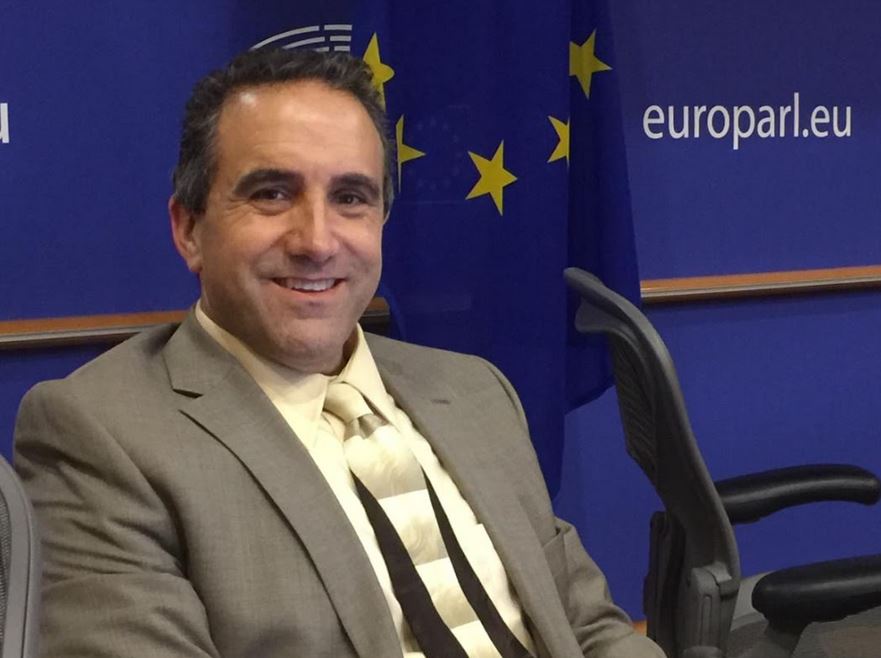As global warming opens up new shipping lanes and access to valuable resources, countries are firming up their military presence in the Arctic.
The increasing militarization of the north means Arctic affairs and climate change are both likely to land on the agenda at NATO summit in Warsaw, Poland on July 8 and 9th, according to political observers.
Ahead of the summit American conservatives are urging the U.S. to get the Arctic on NATO’s agenda and arrive at an agreed strategy for the region.
“Economic, oil and gas, and shipping opportunities are increasing in the region—as are Russian military capabilities,” policy analysts Luke Coffey and Daniel Kochis wrote in a mid-June brief for the conservative think tank, The Heritage Foundation.
“Although the Arctic region has been an area of low conflict among the Arctic powers, NATO should consider the implications of Russia’s recent aggressive military behavior,” the analysts noted.
The sabre-rattling is not limited to the United States.
Ahead of the summit, “Canada has been asked to participate and lead a defensive NATO military deployment in the Baltic Sea region in efforts to establish a credible deterrence against potential military offensives by the Putin regime,” noted documentary filmmaker Marcus Kolga in an op-edpiece in the Toronto Star.


